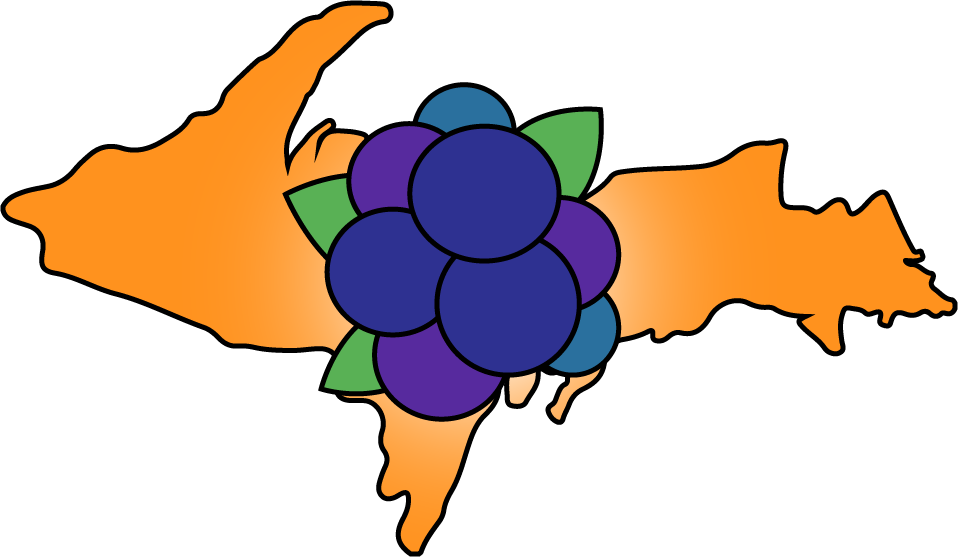From Oregon to Michigan: A Cross-Country Camper Adventure
Our Decision to Go Light and Fast
We started this adventure in January, moving out of our Portland-area home and into a 10x20 storage unit filled with the remainder of our belongings that we hadn't decided whether to keep or not. Our beloved dog Sancho passed away just days before we left, and that was a tough emotional blow. Still, we knew we wanted to travel light and only carry the essentials in our camper. With no desire to drive a second vehicle or return to Oregon for our stuff, we chose to load up what we could fit in a 4' 8" Wide x 7' 11" Long x 6' 11" High U-Haul U-Box and head east.
The Appeal of the Upper Peninsula
Neither of us had ever been to Michigan’s Upper Peninsula, but we’d heard great things about its natural beauty and rugged lifestyle. Our goal was to find property in or near and set down fresh roots. Before landing on that perfect spot, we spent about two and a half months off-grid, exploring free campsites and new landscapes at every turn.
Apps, Planning, and Resourcefulness
We relied on several apps to guide our way across the country. Apps like Ultimate US Public Campgrounds and Avenza Maps (which shows offline National Forest maps) helped us locate free sites and plan for weather, gas stops, and water sources. Whenever we needed internet or a good recharge, we used library Wi-Fi. Our Jackery Explorer 550 proved especially handy, powering our devices after hours of charging while on the road.
Staying Powered and Stocked
With a tiny living space and minimal onboard amenities, we learned to keep our systems simple. Charging tablets and phones was easy enough with driving time, but we also took advantage of local parks and libraries for water and Wi-Fi. One of our favorite discoveries was Ludington Park in downtown Escanaba, where we could refill our water supply—a huge relief when you’re living in the woods.
Memorable Moments and Challenges
Though most of our trip went smoothly, we weren’t immune to hiccups. In North Dakota, heavy winds and a slight miscalculation caused us to run out of gas. Thankfully, a dealership in Fargo rescued us, getting us back on the road the same day. Later, once we reached Michigan, finding legitimate, longer-term spots to camp took real perseverance. But it also gave us a chance to explore the region—and eventually find our piece of land in Cornell, Michigan.
Arriving in Cornell and Beyond
When we finally reached Cornell, Michigan, we felt both relief and anticipation. Our property had almost no infrastructure, not even a decent road, so setting up our camper was just the beginning of a new chapter. Still, it felt incredible to have a permanent spot to call our own. We soon realized that Escanaba is in the so-called “banana belt” of the Upper Peninsula, with a milder climate and surprisingly great growing conditions. It’s been a perfect place to start our new homesteading life.
Lessons Learned
In retrospect, we wouldn’t change much about our cross-country trek. The weeks spent in remote campsites gave us confidence in our ability to live off-grid, adapt to changing conditions, and rely on community when needed. While the roads were long and at times unpredictable, each challenge reaffirmed why we’d chosen this adventure in the first place.
